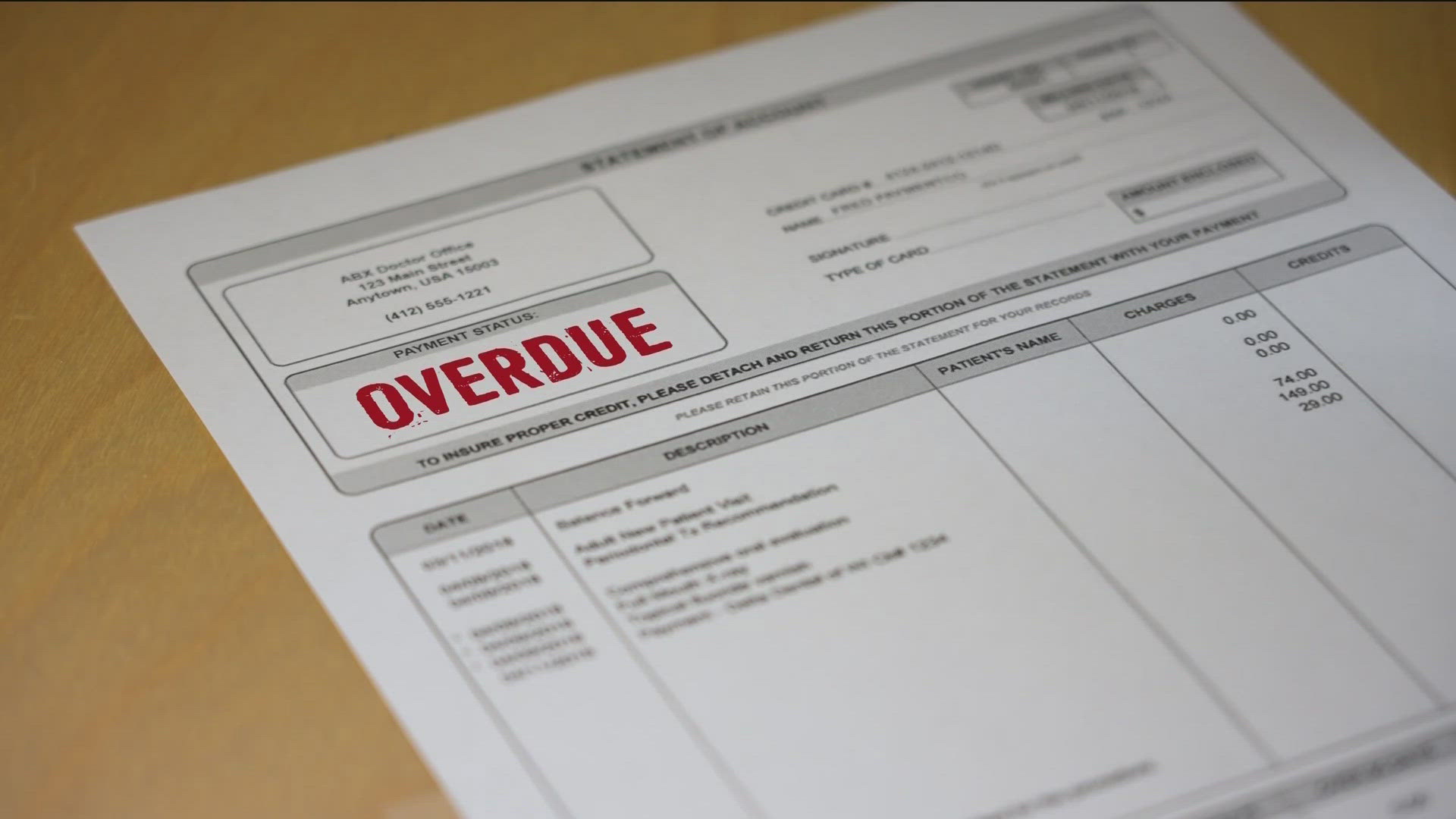ST PAUL, Minn. — The Debt Fairness Act is officially the law of the land across Minnesota, going into effect on Oct. 1, 2024.
Passed in April as part of the larger Commerce Policy Bill, the act takes a number of steps to protect those struggling under the weight of medical debt. Among other things, the Debt Fairness Act:
- Prevents medical providers from denying care due to unpaid medical debt
- Bans the practice of transferring a dead patient's medical debt to a surviving spouse
- Prohibits medical providers from reporting unpaid medical bills to credit bureaus
- Establishes strong new protections from unethical medical debt collection practices
- Requires medical providers to publish medical debt collection practices
- Creates a new process to help people dispute medical coding and billing errors
The bill received strong support at Capitol rallies from Minnesotans like Jen Schultz, a public relations professional and adjunct professor at Concordia University in St. Paul.
"I'm a four-time cancer survivor and a lot of times it feels like I'm in a constant cycle of medical debt," Schultz told KARE. "I've had so many situations where I've had to choose between buying groceries or paying a full medical bill or putting gas in my car."
Schultz said bills tend to pile up for cancer survivors like her due to the constant need to check and recheck to ensure the disease has not returned.
"Oncology appointments, scans, ultrasounds, biopsies, medication, treatment, and so on," Schultz explained.
Credit agencies and hospital groups lobbied hard against the bill before its passage, cautioning lawmakers about the unintended consequences of changing the rules. Danny Ackert of the Minnesota Hospital Association said hospitals wrote off $537 million in uncollectible debt in 2022, and $280 million of that was from patients with insurance who couldn't afford their copays and deductibles.
"The hospital association is concerned that provisions in Senate File 4065 pertain to medical debt in combination are not appropriately balanced," Ackert told the panel at the time.
On Tuesday Minnesota Attorney General Keith Ellison announced that his office will host a new Debt Fairness Legal Clinic on Saturday, October 5 at NorthPoint Health & Wellness Center. Experts will be on hand to provide support and advice to Minnesotans struggling under the weight of medical debt.

